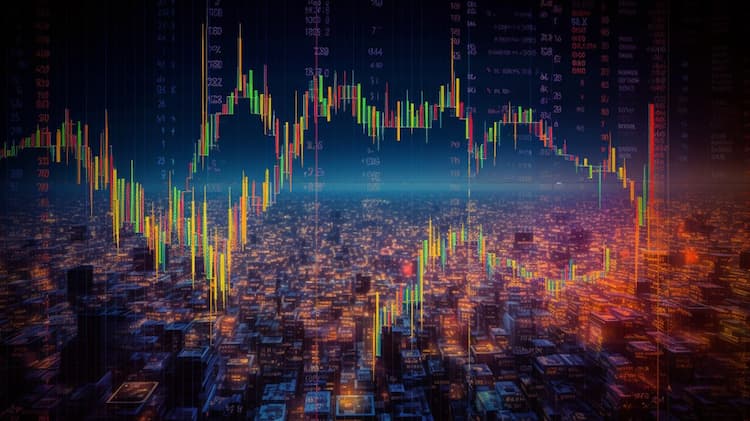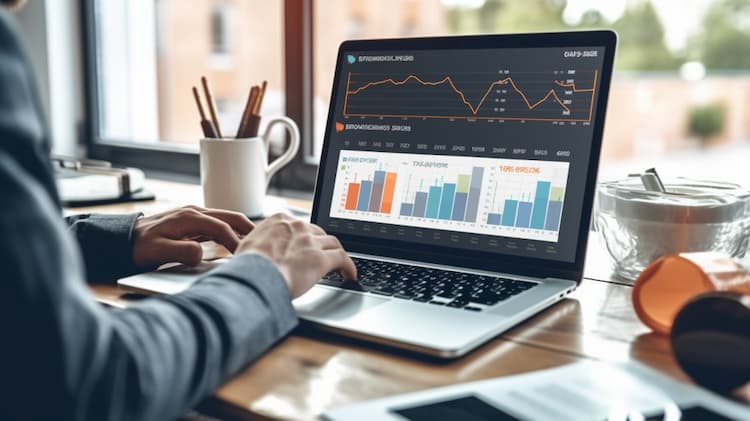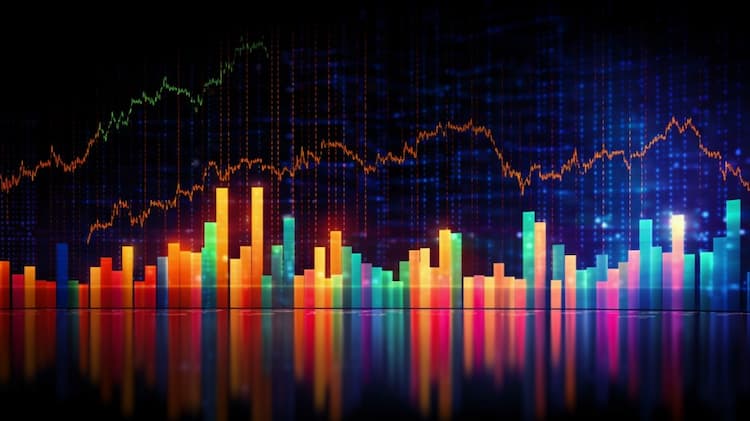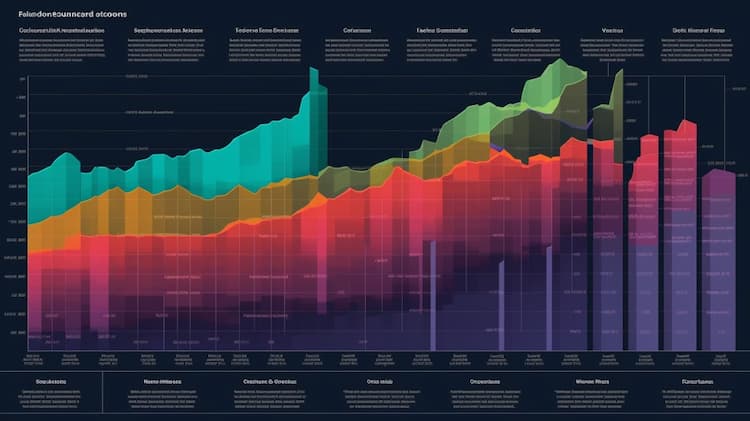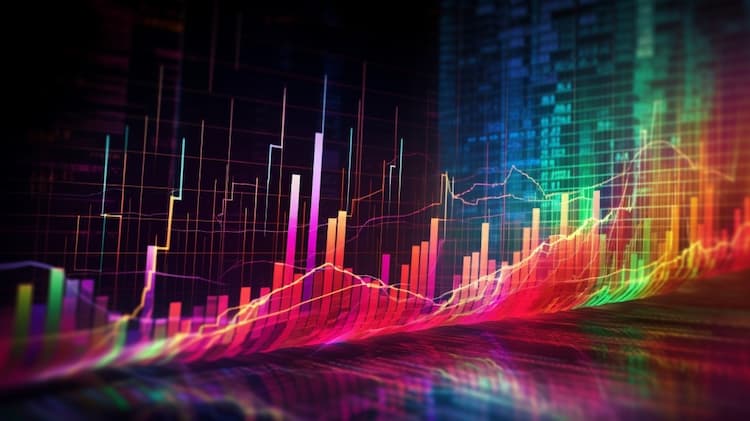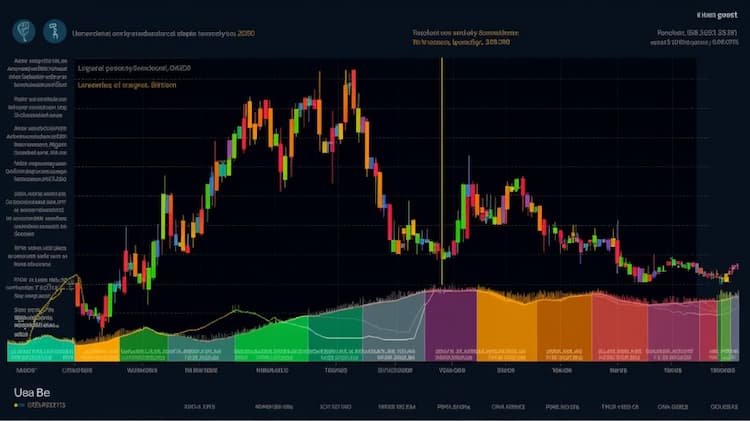
What are the Best Commodity ETFs?
The top commodity exchange-traded funds (ETFs) provide investors with the opportunity to diversify their portfolios and capitalize on the movements of commodity prices. These funds offer exposure to a range of commodities, enabling investors to explore different sectors and potentially benefit from market trends.
BlackRock iShares GSCI Commodity-Indexed Trust (GSG)
When it comes to investing in commodity ETFs, one notable option is the BlackRock iShares GSCI Commodity-Indexed Trust (GSG). This ETF aims to track the performance of the S&P GSCI Total Return Index, which includes a diversified basket of commodities such as energy, agriculture, and metals. With an expense ratio of 0.75%, GSG provides exposure to a broad range of commodities, making it an attractive choice for investors seeking diversification in the commodities market.
Compared to similar commodity ETFs, GSG stands out for its comprehensive coverage of various commodities. It offers exposure to multiple sectors, including energy (crude oil and natural gas), agriculture (corn, soybeans, and wheat), and metals (gold, silver, and copper). This diversification helps mitigate the risk associated with investing in a single commodity, as it spreads the investment across different sectors.
Vanguard Commodity Strategy Fund (VCMDX)
Another notable commodity ETF is the Vanguard Commodity Strategy Fund (VCMDX). While technically a mutual fund, VCMDX operates similarly to an ETF and provides exposure to the commodities market. The fund aims to achieve its investment objective by investing in commodity-linked derivative instruments and exchange-traded products. With an expense ratio of 0.20%, VCMDX offers investors a low-cost option to gain exposure to the commodities market.
Compared to GSG, VCMDX takes a different approach by utilizing derivative instruments to gain exposure to commodities. This strategy allows the fund to track commodity prices without physically holding the underlying assets. While this approach may introduce additional complexity, it also provides flexibility in managing the fund's commodity exposure.
 Commodity ETFs,GSG,VCMDX overlap What are the Best Commodity ETFs?
Commodity ETFs,GSG,VCMDX overlap What are the Best Commodity ETFs?
Why Invest in Commodity ETFs?
Investing in commodity ETFs can provide several benefits. Firstly, commodities have historically exhibited low correlation with other asset classes, such as stocks and bonds. Including commodities in an investment portfolio can help diversify risk and potentially enhance overall returns. Secondly, commodities can act as a hedge against inflation. When inflation rises, commodity prices often follow suit, offering a potential safeguard against eroding purchasing power. Thirdly, commodity ETFs provide accessibility to the commodities market without the need for direct commodity futures trading, making it easier for individual investors to participate.
Factors to Consider when Choosing Commodity ETFs
When selecting a commodity ETF, there are several factors to consider. Expense ratio, tracking error, liquidity, and the underlying index are crucial aspects to evaluate. Lower expense ratios are generally more favorable, as they reduce the impact of fees on investment returns. Tracking error refers to the ETF's ability to replicate the performance of the underlying index accurately. High liquidity ensures ease of trading and narrower bid-ask spreads. Additionally, understanding the composition of the underlying index and its weightings across different commodities is essential for evaluating the potential risks and returns associated with a particular ETF.
The Future of Commodity ETFs
Commodity ETFs continue to evolve, and new offerings are regularly introduced to the market. As the global economy undergoes changes and new trends emerge, such as the increasing focus on renewable energy and sustainable agriculture, commodity ETFs are adapting to reflect these shifts. Investors should stay informed about the evolving landscape of commodity ETFs and consider their investment goals, risk tolerance, and market outlook when choosing the best commodity ETFs for their portfolios.
Conclusion
Commodity ETFs provide investors with an opportunity to gain exposure to the commodities market, offering diversification, potential inflation protection, and accessibility. Among the notable options, BlackRock's iShares GSCI Commodity-Indexed Trust (GSG) provides broad coverage across various commodities, while Vanguard's Commodity Strategy Fund (VCMDX) offers a cost-effective approach using derivative instruments. When considering commodity ETFs, investors should evaluate factors such as expense ratios, tracking error, liquidity, and the underlying index to make informed decisions.
Disclaimer: This article is for informational purposes only and does not provide investment advisory services.
Sources:
Vanguard Commodity Strategy Fund (VCMDX):
Vanguard Commodity Strategy Fund (VCMDX):
Investopedia commodity ETFs
FAQ
What are the Best Commodity ETFs?
The best commodity ETFs include funds such as the Invesco DB Commodity Index Tracking ETF (DBC), iShares S&P GSCI Commodity-Indexed Trust (GSG), and SPDR Gold Shares ETF (GLD). These ETFs are well-regarded for their exposure to various commodities and their ability to track commodity price movements.
What is the Invesco DB Commodity Index Tracking ETF (DBC)?
The Invesco DB Commodity Index Tracking ETF (DBC) is an ETF designed to track the performance of a diversified basket of commodity futures contracts. It provides exposure to a range of commodities, including energy, metals, and agriculture, offering a broad representation of the commodity market.
What is the iShares S&P GSCI Commodity-Indexed Trust (GSG)?
The iShares S&P GSCI Commodity-Indexed Trust (GSG) is an ETF that seeks to track the performance of the S&P GSCI Total Return Index. It invests in futures contracts on a wide range of commodities, including energy, agriculture, industrial metals, and precious metals.
What is the SPDR Gold Shares ETF (GLD)?
The SPDR Gold Shares ETF (GLD) is a popular commodity ETF that aims to track the performance of the price of gold bullion. It provides investors with exposure to the price movements of gold, offering a convenient way to invest in the precious metal.
What are the advantages of investing in commodity ETFs?
Investing in commodity ETFs offers several advantages, including diversification across different commodities, liquidity, ease of trading on the stock exchange, and the ability to gain exposure to commodity price movements without directly owning physical commodities. Commodity ETFs can serve as a hedge against inflation and provide portfolio diversification.
